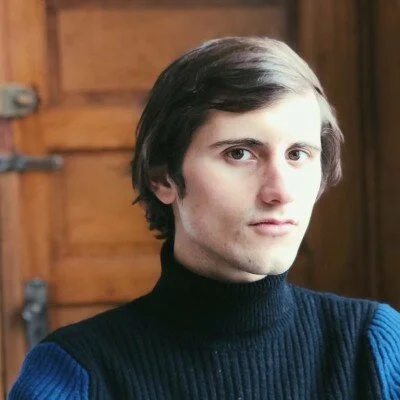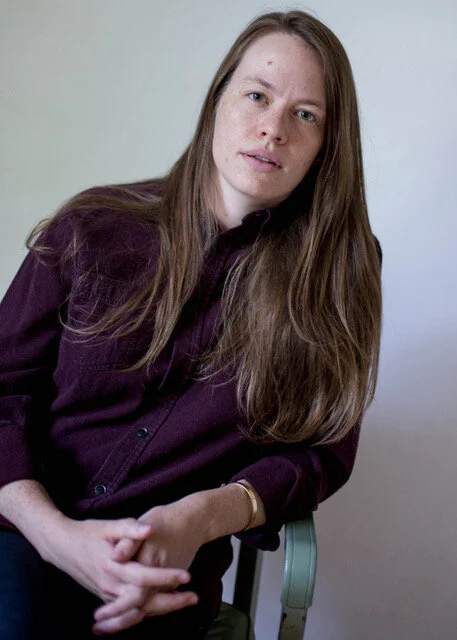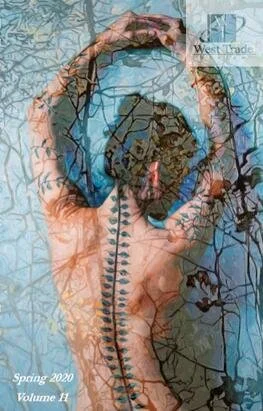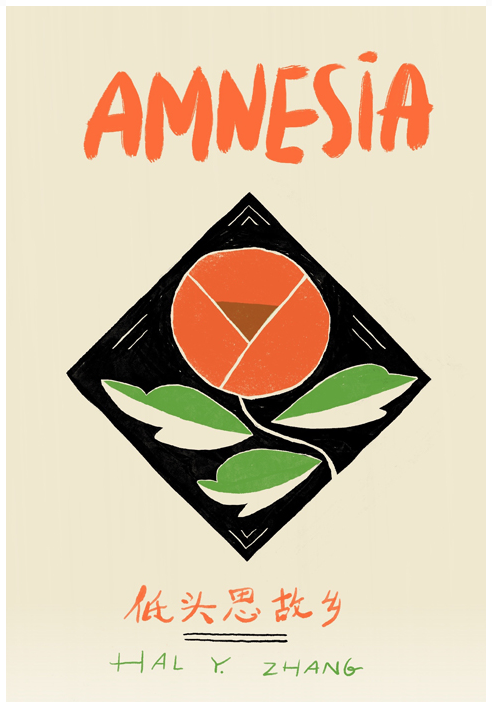TSR Nonfiction Prize Winners
Matthew Hawkins, “Fragments”
Rosanna Staffa, “Holy”
TSR SHORT fiction Prize Winners
Tyler Barton, “Alight”
Alexandra Munck, “Stop Sign”
Kendall Poe, “Shallow Lake”
She doesn’t want me around the customers, so she assigns me the task of writing down every ISBN number in the store. While recording numbers, I listen to the formulaic pop music blasting through the store’s speakers and think about my ex-boyfriend—any of them—and how much I miss him. If I think about it, I miss everyone I’ve ever met. It takes me days, weeks, months—what feels like forever—to write all the numbers down. In fact, I’m positive there’s an alternate universe where I’m still only halfway done, watching the FedEx guy roll in more carts stacked with boxes for the impending fall semester while Taylor Swift plays throughout the store. There are so many alternate universes and all of them are terrifying.
This isn’t the story I wanted to tell, but every time I smell burning, I can’t help but picture the wigs my mother found under my bed when I was seventeen; the smell of hair ablaze on the stove; how I can’t help but smell that burning everywhere; how I can’t help but cook on a stove every day, every day, no matter how hard I try.
MyMerrill offers up that other bond
between you—that same same desire, to put
it modestly. You are split open by
the women, grabbing, moving synchronized.
I was back up against the wall, trying to look like I belonged, when Julian Gould walked in. I’d heard stories of his own parties, late night and lawless, where he made people feel, with his disregard for tomorrow, like the hard work they were doing was not only serious and worthwhile but that it had desserts. We’d met once before—our introduction so brief I doubted he’d remember. I watched him notice me.
Fiction Editors: What advice do you have for writers about the beginning of their pieces?
Avoid “throat clearing”—the tendency writers have to take too long establishing character, setting, time, and relationships before something interesting happens. As readers, we don’t need much information to participate in a story. Start with conflict, with a disruption, and we’ll fill in the blanks about the details (who the character is, where they are, etc.). Conflict gives us a reason to care about the character, and if we have that, we’re more than willing to go along on the journey with you and discover everything there is to discover in your story.
What's your advice for writers about working with an editor?
Try to strike a balance between open-mindedness and advocating for yourself. One benefit of working with a good editor is that they will recognize the potential of your work, as well as its existing strengths and weaknesses, which you might be too close to it to see, yourself. If you approach the editorial process with an open mind, ideally your editor will help you pursue your work’s potential, drawing out its strengths, and mitigating or eliminating its weaknesses. But every now and then you’ll work with someone who misunderstands your work entirely. To learn when to embrace a smart editor’s changes, and when you ought to defend your work against editorial changes that would work against its original intention, takes time, but your work will benefit enormously.
VIRTUAL LAUNCH PARTY
summer/fall 2020
Listen to poet Stephanie Jean read “Corrections” from the Summer/Fall 2020 issue.
















